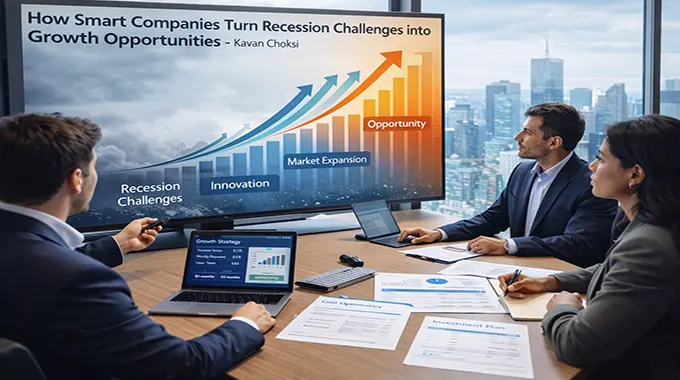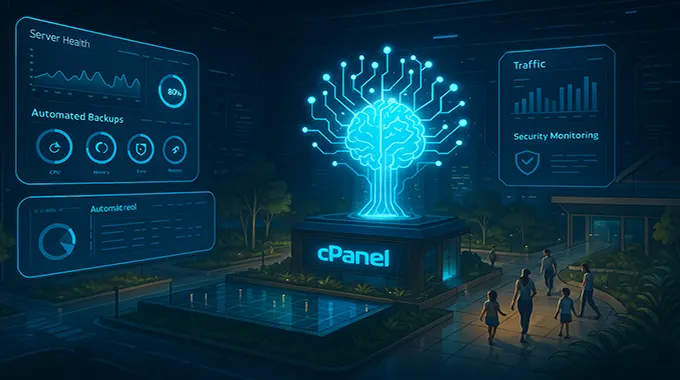United for Impact: The Power of Strategic Alignment
Organizations succeed when their many moving parts work toward the same objective. Yet in practice, teams often chase competing priorities, resources scatter across initiatives and strategies lose clarity as they move through layers of execution. The result is fragmentation instead of progress. Gregory Hold, CEO and founder of Hold Brothers Capital, recognizes that alignment is not just a matter of efficiency. It is the discipline that allows every action to contribute to collective impact.
Strategic alignment creates unity across vision, resources and teams. It transforms ambitious goals into shared missions that can be carried forward consistently. Without alignment, even inspired strategies falter under the weight of misdirection and inefficiency. With it, leaders harness the full potential of their organizations, supporting the idea that progress is cumulative rather than scattered.
Why Alignment Matters
Alignment gives direction to energy that would otherwise dissipate. In complex organizations, misalignment can be subtle, and …



















